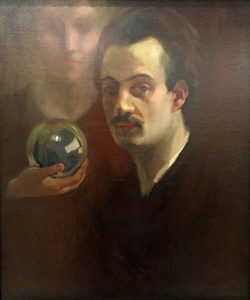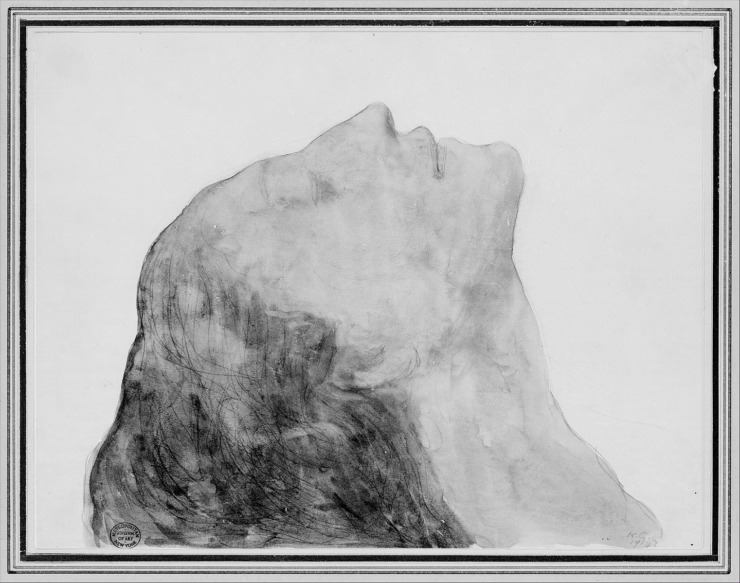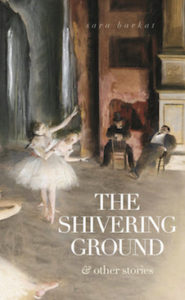< Return to Kahlil Gibran Poems
Defeat
Defeat, my Defeat, my solitude and my aloofness; You are dearer to me than a thousand triumphs, And sweeter to my heart than all world-glory.
Defeat, my Defeat, my self-knowledge and my defiance, Through you I know that I am yet young and swift of foot And not to be trapped by withering laurels. And in you I have found aloneness And the joy of being shunned and scorned.
Defeat, my Defeat, my shining sword and shield, In your eyes I have read That to be enthroned is to be enslaved, and to be understood is to be levelled down, And to be grasped is but to reach one’s fullness and like a ripe fruit to fall and be consumed.
Defeat, my Defeat, my bold companion, You shall hear my songs and my cries an my silences, And none but you shall speak to me of the beating of wings, And urging of seas, And of mountains that burn in the night, And you alone shall climb my steep and rocky soul.
Defeat, my Defeat, my deathless courage, You and I shall laugh together with the storm, And together we shall dig graves for all that die in us, And we shall stand in the sun with a will, And we shall be dangerous.
—Kahlil Gibran
About Kahlil Gibran
Khalil Gibran (جبران خليل جبران) was a writer, visual artist, and poet with a prolific collection of work. He was born in 1883 in a village in the Mount Lebanon Mutasarrifate and in 1893 moved with his family to the United States where he enrolled in school in Boston, then went back home when he was fifteen to enroll in the Collège de la Sagesse. In 1902 he came back to Boston, and two years later his artwork was displayed for the first time. In 1905 he published his first book, and after that studied art in Paris for three years. Gibran wrote books in both Arabic and English, including poems, plays, fables, short stories, and political essays.
His cousin, Kahlil G. Gibran, a sculptor, described his work in this way. “Ignoring much of the traditional vocabulary and form of classical Arabic, he began to develop a style which reflected the ordinary language he had heard as a child in Besharri and to which he was still exposed in the South End [of Boston]. This use of the colloquial was more a product of his isolation than of a specific intent, but it appealed to thousands of Arab immigrants.” (Robin Waterfield, 1998) He was inspired by the King James Bible, the works of William Blake, whose drawings were in Gibran’s opinion “so far the profoundest things done in English.” (Joseph Ghougassian, 1973) Other inspirations included Francis Marrash (فرنسيس بن فتح الله بن نصر الله مرّاش), Walt Whitman, and Friedrich Nietzsche.

“Self Portrait and Muse” by Khalil Gibran
With visual art Gibran worked in oils, pencil, ink, watercolor, and gouache, and created more than seven hundred pieces of visual art. His work is featured in a number of museums, and his work The Prophet has been translated into more than 100 languages and has never been out of print, becoming popular in the American counterculture and New Age movement. The book was admired by Elvis Presley, John Lennon, Johnny Cash, David Bowie, Gilad Hochman (גילעד הוכמן) and Dana Al Fardan. Gibran has museums, memorials, schools, a garden, and a crater on Mercury named after him.
I hope you enjoyed Defeat by Kahlil Gibran! If you liked Defeat by Kahlil Gibran, you might enjoy more poems by him below.
< Return to Khalil Gibran Poems
“Stunning…from start to finish. Barkat is a fierce new voice.”

